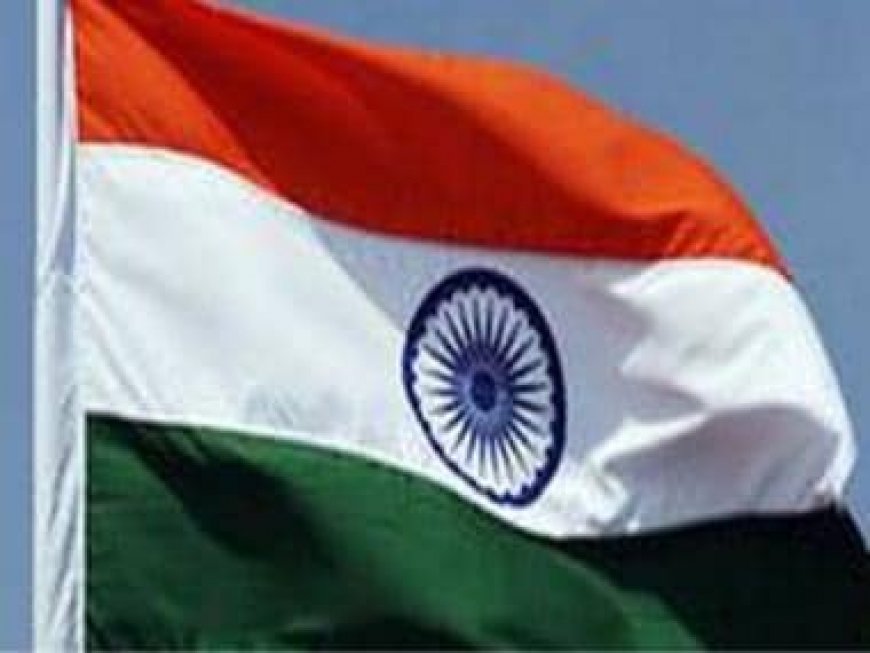Independence day 2023: Unraveling India's road to Independence; A historiographical exploration of its causes
Independence day 2023: Unraveling India's road to Independence; A historiographical exploration of its causes

India’s struggle for independence was a watershed moment in history, marked by a diverse array of factors that contributed to the eventual overthrow of British colonial rule.
The historiography of this pivotal period is a tapestry woven from the threads of various interpretations, highlighting the complex interplay of political, socio-economic, cultural, and ideological forces that fueled the quest for India’s sovereignty.
Delving into the historiography of the causes behind India’s independence uncovers a rich landscape of perspectives that continue to shape our understanding of this transformative era.
Colonial Exploitation and Economic Factors:
One strand of historiography emphasizes the economic dimensions of India’s struggle. Scholars argue that British colonial rule extracted immense wealth from India, often at the cost of local industries and livelihoods. This economic exploitation, coupled with policies that favored British interests, led to widespread poverty and discontent among Indians. This perspective paints a picture of a nation burdened by economic disparity and resilience, fostering a groundswell of discontent that culminated in the desire for independence.
Nationalism and Identity:
Nationalism, as a potent force in India’s struggle for independence, has attracted significant historiographical attention. Scholars highlight how leaders like Mahatma Gandhi, Jawaharlal Nehru, and Subhas Chandra Bose, among others, united diverse linguistic, cultural, and religious groups under a shared Indian identity. These figures tapped into India’s historical and cultural heritage, crafting a narrative that resonated deeply with the masses and forged a sense of unity among Indians, enabling them to collectively fight against colonial rule.
Nonviolent Resistance and Civil Disobedience:
Mahatma Gandhi’s philosophy of nonviolent resistance occupies a central place in the historiography of India’s independence movement. This strand highlights how Gandhi’s principles of satyagraha and civil disobedience transformed the nature of the struggle, allowing ordinary Indians to participate actively and peacefully in the pursuit of freedom. The power of mass mobilization and the moral authority of nonviolence are underscored as pivotal factors that compelled the British to reassess their colonial rule.
World Wars and International Pressure:
The global context of the two World Wars played a significant role in India’s quest for independence. During World War I and II, Indians made substantial contributions to the British war efforts, which raised questions about their subjugation despite their sacrifices. The historiography in this vein highlights how India’s involvement in these wars, coupled with international calls for decolonization and self-determination, heightened the pressure on the British to address India’s demand for independence.
World Wars and International Pressure:
The global context of the two World Wars played a significant role in India’s quest for independence. During World War I and II, Indians made substantial contributions to the British war efforts, which raised questions about their subjugation despite their sacrifices. The historiography in this vein highlights how India’s involvement in these wars, coupled with international calls for decolonization and self-determination, heightened the pressure on the British to address India’s demand for independence.
Changing Political Landscape:
Historians have analyzed the shifting political landscape in India as another factor that influenced the trajectory of the independence movement. The emergence of political parties, such as the Indian National Congress and the Muslim League, added a dimension of organized political participation. These parties engaged in negotiations, protests, and constitutional discussions, which reflected the evolving dynamics between Indians and the colonial rulers.
What's Your Reaction?

























































